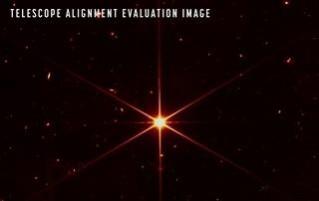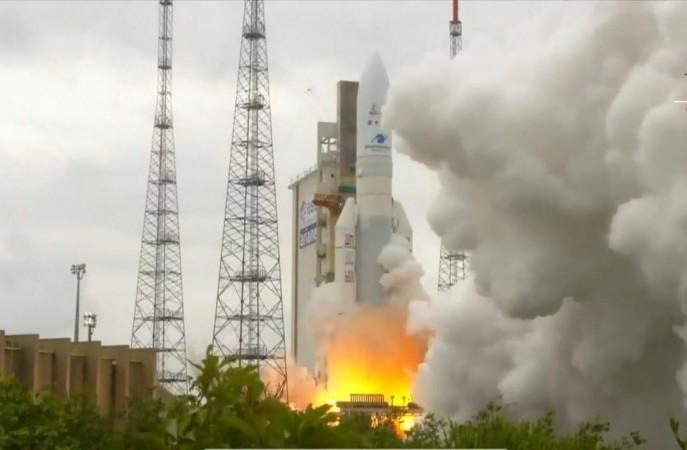NASA's James Webb Space Telescope's main mirror is now fully aligned, the agency officials have said.
Webb's team now expects that the telescope's optical performance will be able to meet or exceed the science goals the observatory was built to achieve.
The team completed the stage of alignment known as "fine phasing" on March 11. With the fine phasing stage complete, the team fully aligned Webb's primary imager, the Near-Infrared Camera, to the observatory's mirrors.
"We have fully aligned and focused the telescope on a star, and the performance is beating specifications. We are excited about what this means for science," said Ritva Keski-Kuha, deputy optical telescope element manager for Webb at NASA Goddard, in a statement. "We now know we have built the right telescope."
"At this key stage in the commissioning of Webb's Optical Telescope Element, every optical parameter that has been checked and tested is performing at, or above, expectations," NASA added in the statement.

The team also found no critical issues and no measurable contamination or blockages to Webb's optical path. The observatory is able to successfully gather light from distant objects and deliver it to its instruments without issue.
During its alignment process, Webb took an image, which also shows galaxies and stars in the background. At the beginning of the alignment process in January, the telescope was delivering 18 individual images of the star, HD 84406, described by scientists as a very "boring star" in our Milky Way galaxy, Space.com reported.
In the 18 individual images, each of the primary mirror segments acted as a telescope on its own. But the new image released on Wednesday shows a bright-shining amber-coloured star emanating streams of light across the universe.
Even more interesting than the star itself, however, is its background, revealing dozens of specks and dots - each a distant galaxy that was previously out of reach, the report said.
In the coming next six weeks, the Webb team will further align the telescope to include the Near-Infrared Spectrograph, Mid-Infrared Instrument, and Near InfraRed Imager and Slitless Spectrograph.

"The team is on track to conclude all aspects of Optical Telescope Element alignment by early May, if not sooner, before moving on to approximately two months of science instrument preparations. Webb's first full-resolution imagery and science data will be released in the summer," NASA said.
Webb is the world's premier space science observatory and once fully operational, will help solve mysteries in our solar system, look beyond distant worlds around other stars, and probe the mysterious structures and origins of our universe and our place in it.
Webb is an international programme led by NASA with its partners at ESA (European Space Agency) and the Canadian Space Agency.












!['Had denied Housefull franchise as they wanted me to wear a bikini': Tia Bajpai on turning down bold scripts [Exclusive]](https://data1.ibtimes.co.in/en/full/806605/had-denied-housefull-franchise-they-wanted-me-wear-bikini-tia-bajpai-turning-down-bold.png?w=220&h=138)
![Nayanthara and Dhanush ignore each other as they attend wedding amid feud over Nayanthara's Netflix documentary row [Watch]](https://data1.ibtimes.co.in/en/full/806599/nayanthara-dhanush-ignore-each-other-they-attend-wedding-amid-feud-over-nayantharas-netflix.jpg?w=220&h=138)



